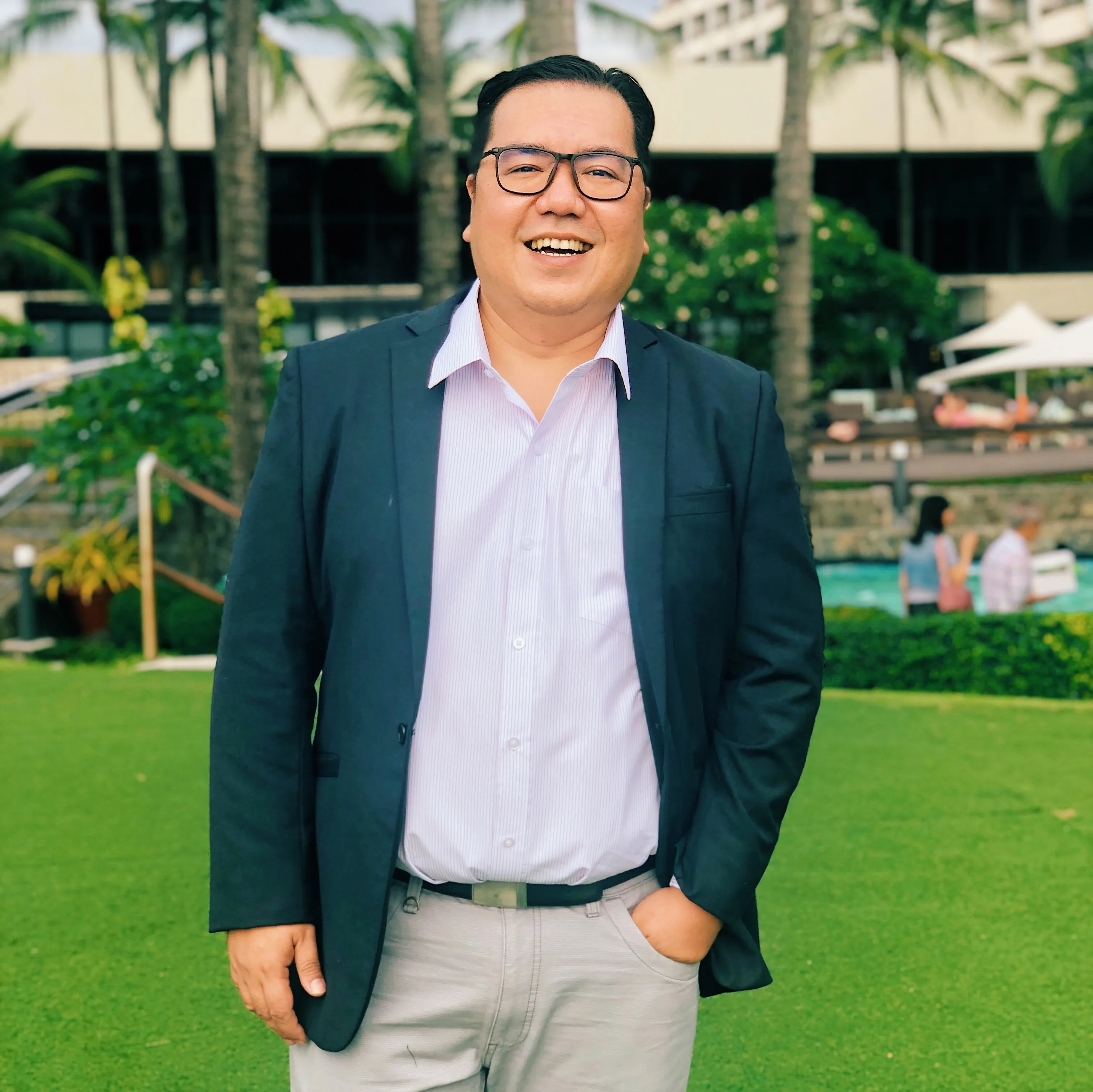Be Wais! Let’s Learn Personal Finance
Learn more about why personal finance is important, unlearn the common misconceptions about money, and discover how you can develop healthy financial habits!
-
 Fitz Villafuerte
Fitz Villafuerte
-
 Wais sa Home
Wais sa Home
-
 Published August 03
Published August 03
Table Of Contents
Be Wais! Let’s Learn Personal Finance
Money – it is something we use every day. From buying food to paying for utilities, from availing services to funding our goals and dreams, money plays a crucial role.
That is why learning about personal finance is essential, as it empowers us to make informed decisions that eventually shape our life.
In this article, we will explore why learning about personal finance is important, unlearn the common misconceptions about money, and discover how you can develop healthy financial habits.
Why Study Personal Finance? The Essence of Financial Literacy
To learn about money, you must first unlearn the wrong beliefs that you might have known before. These myths are dangerous because they stop us from growing and attaining wealth effectively.
Unlearning Misconceptions About Money
Money is life’s necessity.
Money is not just a tool; it is a necessity that impacts almost every aspect of our lives. Learning about personal finance helps us manage our money and budget wisely, ensuring that we are prepared for expected and unexpected expenses.
Knowledge is power.
Think of personal finance as a skill that you can learn and master, just like singing or dancing. You will not be good at it without knowing and understanding the basics. And it would be best if you practiced so you can become more knowledgeable at managing your finances.
Stay up to date.
Financial information evolves. What was good before could already be bad today. And what might be applicable today might be outdated tomorrow. Personal finance requires continuous learning to ensure you are equipped with the latest and most relevant information to make smart financial choices.
Money and Society
Money is the root of all evil.
Money is a tool that can be used for both positive and negative purposes. And people's worth and morality are not dictated by their bank accounts. If it were, it means that evil started only when money was invented, but we all know that is not true.
I will not know who my real friends are if I have lots of money. People will use me.
If you think that the only reason people would want to be friends with you is that you are rich, then those types will exactly be the ones you will have. Offer genuine friendships, and chances are, the people who will come into your life will reciprocate your sincerity.
Money and Me
Money cannot buy happiness.
While money cannot buy happiness, it does provide security and freedom. If you are not worried about money, you can focus more on achieving your dreams and strengthening your relationships, which leads to happiness.
It is bad to borrow or owe money.
Borrowing or owing money is not necessarily bad if done responsibly and for the right reasons. Loans can be a helpful tool during times of need and provides leverage to achieve your financial goals faster.
Personal Responsibility
I would have lots of money if it were not for my family and relatives.
It is hard to be a breadwinner, but even with familial duties, you should find ways to cope and not just give up on your situation. Take responsibility for your money. Recognize that you have control over your choices and actions, regardless of circumstances.
If there is no corruption or the economy is good, it would be easy to save money.
The government and the economy influence our finances, but opportunities still exist even amidst tough times. Learn to adapt. Take ownership of your financial decisions, and you will see you have more power and options than you think.
Wealth and Success
You must be a genius to become rich.
Personal finance is not rocket science. Academic excellence helps, but it is not a requirement. Basic financial literacy is often enough; anyone can learn money management skills.
Becoming rich demands responsibility and extreme sacrifices.
Do not be afraid to have lots of money. You can always hire an accountant and a financial manager. You do not have to do it alone. Moreover, making smart financial choices does not mean sacrificing everything you value.
The Key to Financial Success
American author and radio personality Dave Ramsey claims, “Winning at money is 80 percent behavior and 20 percent head knowledge.”
Indeed, true financial success is more than knowing. It requires doing. Being consistent with your actions, even in tiny amounts, will eventually compound into significant gains over the years.
Head Knowledge: Start with knowing
• Saving and Budgeting: Understand the significance of saving regularly and crafting a budget to align spending with priorities.
• Risk Management: Acquire knowledge about insurance, emergency funds, and protection against financial uncertainties.
• Investing for Growth: Learn the basics of investing to make your money work for you overtime. Be familiar with the different types of investments.
Behavior: Be consistent
• Learning Good Money Habits: Consistency in saving, budgeting, and avoiding impulse spending are vital habits to cultivate
• Creating Efficient Systems: Design systems that make sound financial choices effortless and minimize opportunities for overspending.
• Adopting Better Perspectives: Shift from short-term thinking to a long-term outlook that focuses on goals and values.
Practical Strategies to Improve Financial Behavior
Learn Good Money Habits
• Make good habits easier to do. Automate savings, use apps to track expenses, and set bill payment reminders.
• Make bad habits harder to do. Remove temptation by uninstalling shopping apps and leaving credit cards at home.
Create Efficient Systems
• Develop a system that is easy to follow. Craft a budget that aligns with your lifestyle and is easy to maintain.
• Have a number you can measure. Set specific financial goals and work on improving regularly. Strive for progress, not perfection.
Adopt Better Perspectives
• Create SMART saving goals. Make your saving objectives Specific, Measurable, Achievable, Relevant, and Time-bound.
• Define your "Why.” Understand the underlying reasons for your financial endeavors beyond the pursuit of wealth.
Personal Finance is Personal
In personal finance, there is no one-size-fits-all approach. Each of us possesses unique strengths, challenges, and circumstances. Recognize that specific lessons may resonate more with you than others. Tailor your financial journey to your needs and aspirations.
Never stop asking questions, and always be ready to learn. Personal finance is both a process and a journey.
Persistence is more important than intensity. Never give up, even when things have become difficult. With patience and determination, you will eventually pave your way toward financial freedom.
About the author: Fitz Gerard Villafuerte is a civil engineer who decided to quit the corporate world back in 2003 to pursue freelancing and entrepreneurship. His blog, Ready To Be Rich, has won several awards including the Best Business and Finance Blog at the Philippine Blog Awards. He is recognized by Moneysense Magazine as among the Top 12 Most Influential People in Personal Finance in the Philippines. He is an author; an online content creator; a Registered Financial Planner; a resource guest for various television and radio programs; and a corporate speaker and trainer for several socio-civic organizations in the country. Lastly, he is the President of Wealth Arki, Inc., an investment consultancy, and financial planning firm that helps Filipino families achieve their financial goals.
Read more of his FL content here: Ready To Be Rich by Fitz Villafuerte - Business, Investments, and Personal Finance
 Fitz Villafuerte
Fitz Villafuerte
Wais sa Home
Published August 03

